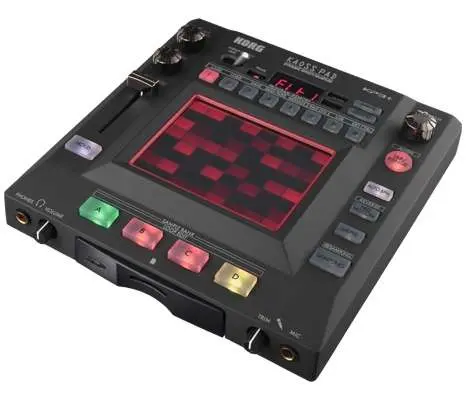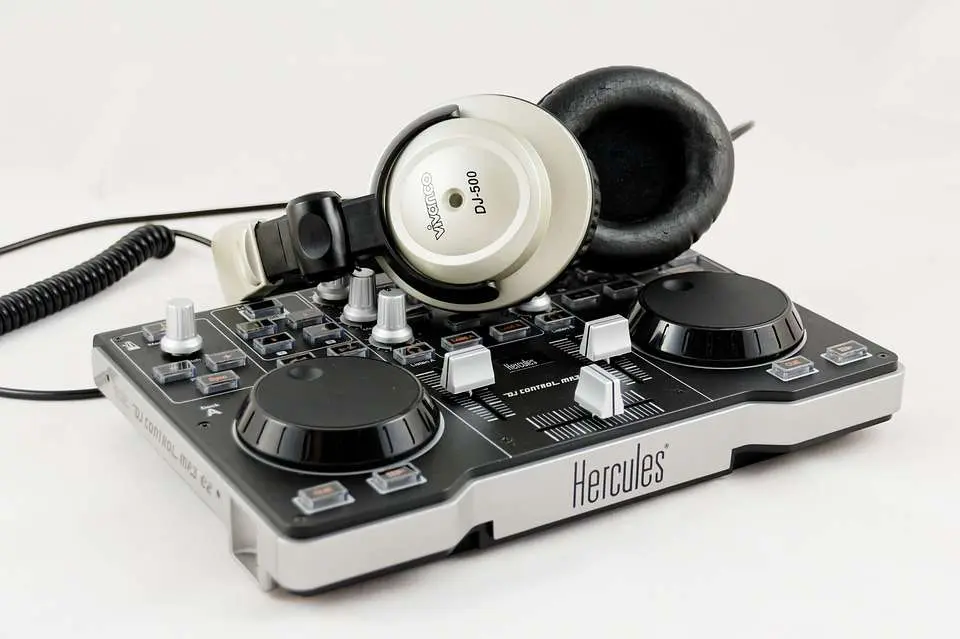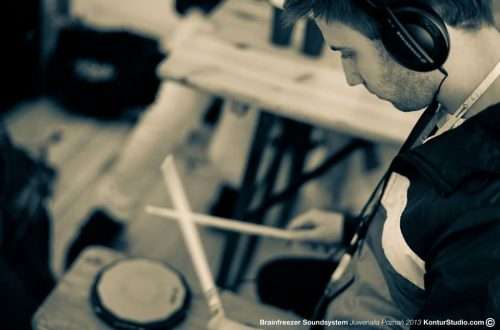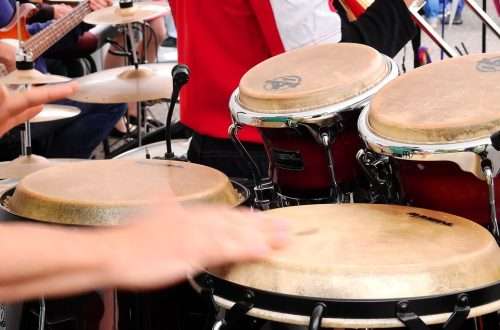
Effects processor at work as a DJ
See Effects in the Muzyczny.pl store
One of the basic devices that a DJ uses in his work is the effects processor, which allows him to process the sound signal. It can be a completely separate device that can be connected to a separate controller or it can be part of a larger coherent device, e.g. a complete DJ console.
What is the effects processor for
These devices allow the DJ to modulate and create the sound in real time. As mentioned above, the effects processor can be a standalone external device or it can be an integral part of a larger device. The basic division that we can use in this group of devices is, of course, digital processors and analog processors, as well as real and virtual ones, i.e. VST plugs, which we use when working with a computer (laptop) and appropriate software. Of course, we will not consider which one is better here. and which are worse, because each type of these devices has its own specific specification and characteristics that give certain possibilities. However, when choosing, pay special attention to the specification of the equipment. Their range can range from very simple high- or low-frequency cutting operations to complex multi-element effects. Some of them allow, for example, to sample individual audio tracks and then convert and loop them accordingly. We can, among others slow down certain tracks for soft transitions between tracks. It is one of the most frequently used special items in the work of a DJ. Of course, such a processor allows us to create some additional special effects that we can still edit and process in any way we want.
Of course, the effects processors are used not only in the work of a DJ, but also by a large number of instrumentalists, including guitarists, keyboardists and vocalists. Thanks to these devices, the musician can get a unique sound on his instrument, and the singer can, for example, change the timbre of the voice and even eliminate all stumbles. Also, DJs leading the announcer, for a better sound of their voice, often tweak the sound of their voice using the effects processor.

What effects are most often used
The effects that are most often used by musicians and DJs on board the processor include, among others various types of reverbs, echoes, distortions, decelerators, colorizers and equalizers designed to cut and flatten specific frequencies. We can, among other things, bass and at the same time extend a given musical fragment in time. Thanks to the wide possibilities offered by the processor, the fragment played each time can be presented in a different form. Depending on the processor we have, we can have from several to several dozen or even several hundred effects. The individual effects can be superimposed on each other, thus creating unique musical passages.
Why is the effects processor so important?
The entire XNUMXst century in music is largely the era of loops, presets and other modern musical elements, which are largely used, among others at work as a DJ. It was at the beginning of the XNUMXst century that traditional music bands began to give way to DJs who most often started using these technical innovations. All the effects that we hear in music clubs, in wedding halls, where DJs provide their services, are due to the effects processors, which are such a basic core of DJ equipment. Therefore, the manufacturers of these devices are trying to outdo each other in their ideas that these devices give the most spectacular effects. If we did not have this device on board, the work and possibilities of the DJ would be very limited.

How to make a choice?
When choosing this type of equipment, first of all, we must determine the effects on which we will most care. Will our work be based on the most standard, popular effects, or will we want to be more original and go in our own individual direction? There are processors that allow such editing of factory effects and combining them with each other that we can talk about completely new unusual effects. It is also worth paying attention to the sound quality offered by a given processor. Another factor is whether we decide on a processor that is, for example, part of a larger DJ console, or we are looking for an effects processor as a separate external device. The first option is generally the more economical form. On the other hand, completing individual elements separately is always more expensive. So it all depends a lot on personal expectations towards the hardware. People who have very precisely defined expectations for a given device may focus on completing the equipment in separate elements. Those who are just starting their adventure with a DJ and do not have specific expectations yet can work with great results on the processor that is on board the console.





